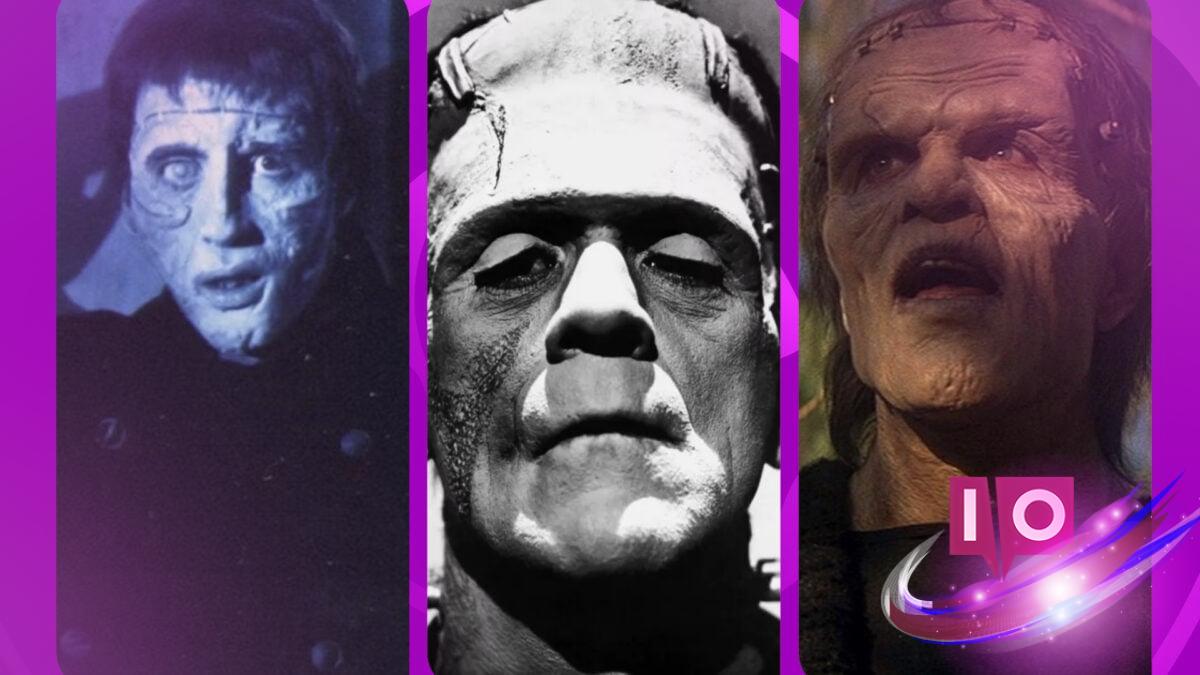If you’re a fan of horror and classic literature, Guillermo del Toro’s adaptation of Frankenstein is a must-see. This visionary filmmaker has brought passion and dedication to Mary Shelley’s iconic 1818 novel, making it finally come to life thanks to Netflix. Del Toro has long envisioned this project, and his heartfelt approach to the material makes it a significant addition to the many interpretations that have captivated audiences for centuries.
Frankenstein’s mythos has permeated popular culture, influencing countless adaptations across various media. Each rendition offers a unique perspective on the narrative surrounding the scientist who assembles life from the remains of the dead. These adaptations have shaped our understanding of the characters and the overarching themes in ways we often don’t realize until we dive back into the original story.
Once you’ve experienced del Toro’s latest version, you may find yourself curious about its cinematic history. To help you explore, we’ve curated a list of 15 must-watch films that collectively paint a vivid picture of Frankenstein’s rich legacy on screen. Let’s journey through these essential adaptations together.

Frankenstein (1931)
Directed by James Whale and starring Boris Karloff, the 1931 adaptation is considered the quintessential version of the Frankenstein tale. It was groundbreaking for being the first sound film adaptation of the material and remains an iconic representation of the story.
Bride of Frankenstein (1935)
This sequel is often hailed as one of the finest horror films ever made. Whale returns to direct, reuniting with Karloff and introducing Elsa Lanchester as the Monster’s Mate. The film deepens the themes originally established and continues to resonate with viewers.
Son of Frankenstein (1939)
Considered the last of the original trilogy featuring Karloff, this film shifts the focus to Ygor, beautifully played by Bela Lugosi. Many agree it maintains the quality of its predecessors and enriches the franchise’s lore.
Frankenstein Meets the Wolf Man (1943)
In this unique crossover, Bela Lugosi takes on the role of Frankenstein’s monster. It’s significant for being an early example of the universal characters breaking free from their original storylines and myths.

Abbott and Costello Meet Frankenstein (1948)
This film represents a notable shift as it humorously integrates the classic horror characters. It was a huge success upon release and effectively broadened the scope of the Universal Monsters franchise.
Curse of Frankenstein (1957)
The Hammer Films version dramatically reinterprets the story, with Christopher Lee as the Creature and Peter Cushing as the doctor. Its reputation stems from its bold take on horror, pushing boundaries further than earlier adaptations.
Frankenstein Conquers the World (1965)
This Japanese film presents a fascinating reimagining of Frankenstein’s monster as a gigantic kaiju, showcasing the flexibility of the source material in being reinterpreted across cultures.
Young Frankenstein (1974)
Mel Brooks’s comedic take on Frankenstein features Gene Wilder and remains a classic. Its clever humor continues to endear it to audiences, and a new TV adaptation, Very Young Frankenstein, is currently in development.

The Monster Squad (1987)
This cult classic horror-comedy blends nostalgia with humor and adventure. Featuring characters from classic horror films, it portrays Frankenstein’s monster as an unexpectedly heroic figure, providing a new take on the archetype.
Frankenweenie (2012)
Tim Burton’s animated feature is a heartfelt reimagining of the Frankenstein story through the lens of a pet’s love. While it may not be his most esteemed work, it effectively demonstrates the enduring relevance of Frankenstein in popular culture.
It’s essential to note that not all adaptations need to feature Frankenstein directly. Movies like Edward Scissorhands, The Rocky Horror Picture Show, RoboCop, Re-Animator, and Weird Science utilize the foundational elements of the Frankenstein tale, showcasing how the narrative has inspired countless generations and evolves over time.
What are the main themes of the Frankenstein story? The primary themes include the dangers of unchecked ambition, the quest for knowledge, and the moral implications of creation. These elements continue to resonate deeply within both literature and cinema.
Is Frankenstein a horror story? Yes, at its core, Frankenstein is a horror story, exploring themes of creation and monstrosity, but it also delves into philosophical questions about humanity and existence.
Why has Frankenstein remained relevant over the years? The story explores timeless themes of alienation, ethical considerations in science, and the human condition, making it universally relatable across eras and cultures.
Who is the real monster in Frankenstein? This question often leads to discussions about the nature of humanity, as both Victor Frankenstein and his creation exemplify characteristics of monstrosity, blurring the lines between creator and creature.
In conclusion, delving into Frankenstein’s cinematic journey not only enhances appreciation for the upcoming adaptation by Guillermo del Toro but also opens doors to understanding how stories evolve over time. Explore more about the world of cinema and related content on Moyens I/O.
